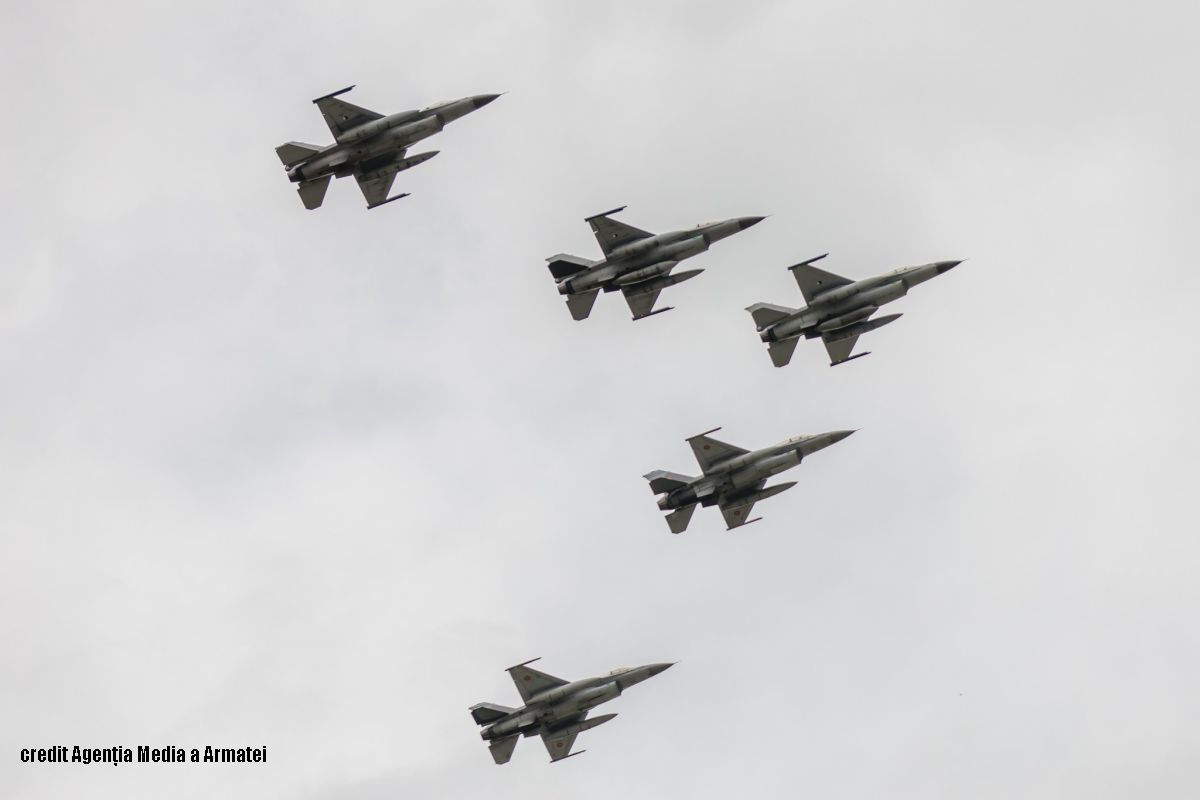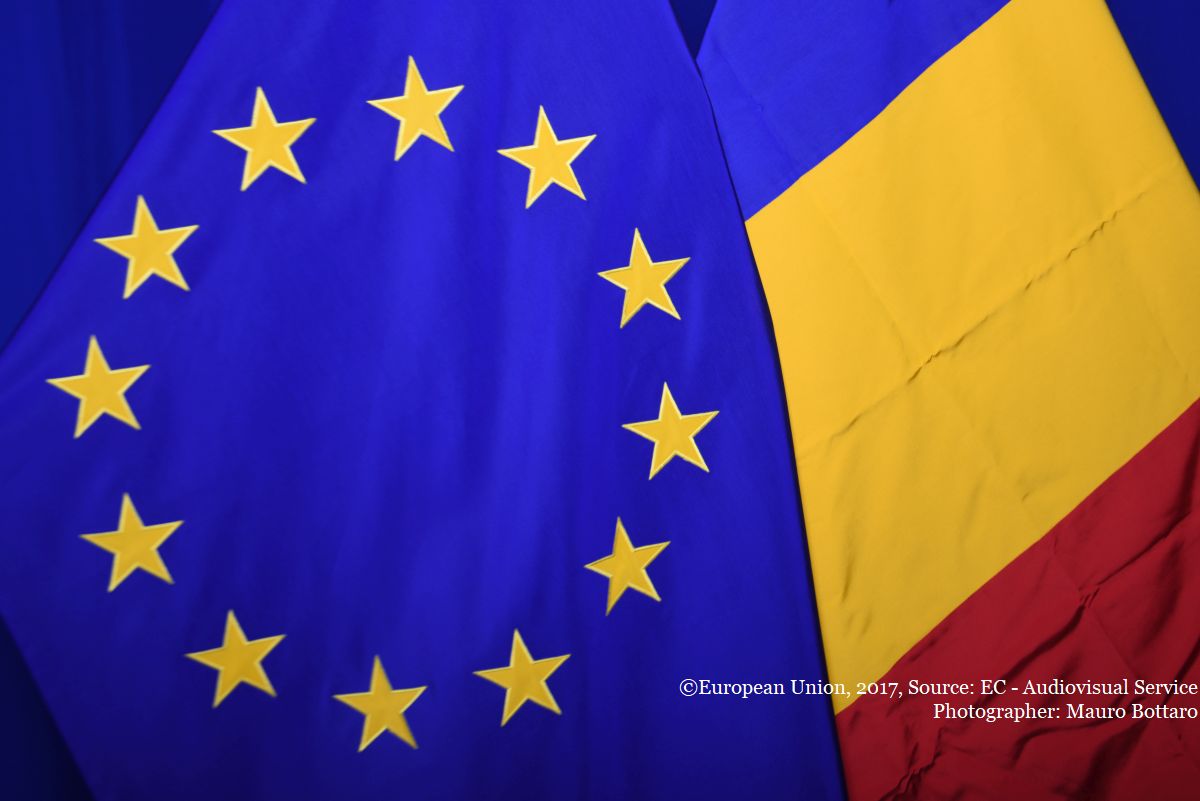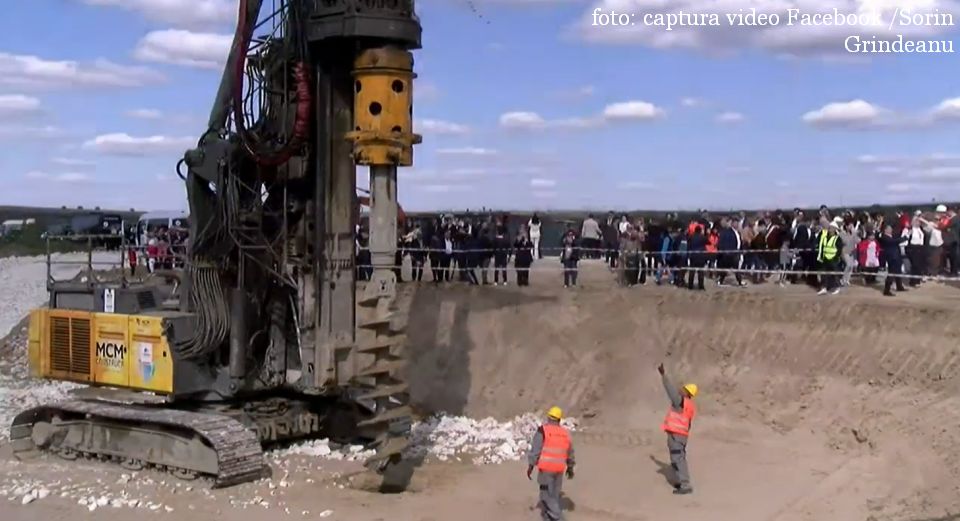Political Prospects in Romania
Whether in power or in opposition, Romanias political parties are facing internal changes.
Bogdan Matei, 05.01.2015, 14:20
2015 is not a big election year in Romania. After the local and parliamentary elections of 2012 and the presidential elections of 2014, this year will only see a number of by-elections for the seats of senators and deputies that have become vacant as their occupants have resigned, died or been sentenced for corruption. Prosecutors have also wrought havoc among the local administration, with many mayors and county council presidents now under arrest. Under the circumstances, commentators say the local political scene will be dominated this year by clarifications, repositioning and account settling within each party.
The senior member of the ruling coalition for the last two and a half years, the Social Democratic Party is also the biggest party in Romania and the party with the biggest internal problems. The party’s shocking defeat in the presidential elections, something no opinion poll had predicted, has not yet been digested by its members. The last time the left wing won the presidential elections in this country was 14 years ago, with Ion Iliescu. As they did in 2004 with Adrian Nastase and in 2009 with Mircea Geoana, the Social Democrats are again expected to rid themselves of the man who lost the elections, their leader and the country’s prime minister Victor Ponta. According to his own statements, Ponta is not sure he will run for a new term as party president at the Social Democrats’ Congress in March.
The Conservative Party, a junior member of the ruling coalition, has not had a good start in 2015, either, following an open conflict between its current president and agriculture minister Daniel Constantin and the founder of the party, the media mogul Dan Voiculescu, who is serving 10 years in prison for corruption. The media have speculated that the row between the two may cause a split within the party, between the members who are loyal to Voiculescu and the more pragmatic members who are pinning their hopes on the “young wolf”.
In its turn, the right wing, in opposition, has not been very able to manage the happy outcome of the presidential elections, which its candidate Klaus Iohannis won in November. The latter has been accused, albeit not openly, of pushing for his protégé, the young and inexperienced Alina Gorghiu, to win the leadership of the National Liberal Party to the detriment of Ludovic Orban, one of the party’s oldest and most pugnacious members. This has led to additional complications for a party priding itself that freedom of expression always prevails over monolithic unity.
Another big challenge for the Liberals this year is the painstaking completion of their merger with the Liberal Democrats to form a big right wing party affiliated to the European People’s Party. The merger will be all the more difficult as for the last 25 years, the Liberals and the Liberal Democrats have more often been at odds with each other than on the same side.
Finally, 2015 is the year when two relatively new parties have the chance to consolidate their position: the Reformist Liberal Party, in the ruling coalition, which was founded by the former prime minister Calin Popescu Tariceanu, and the People’s Movement Party, in opposition, which outgoing president Traian Basescu is expected to head.






























